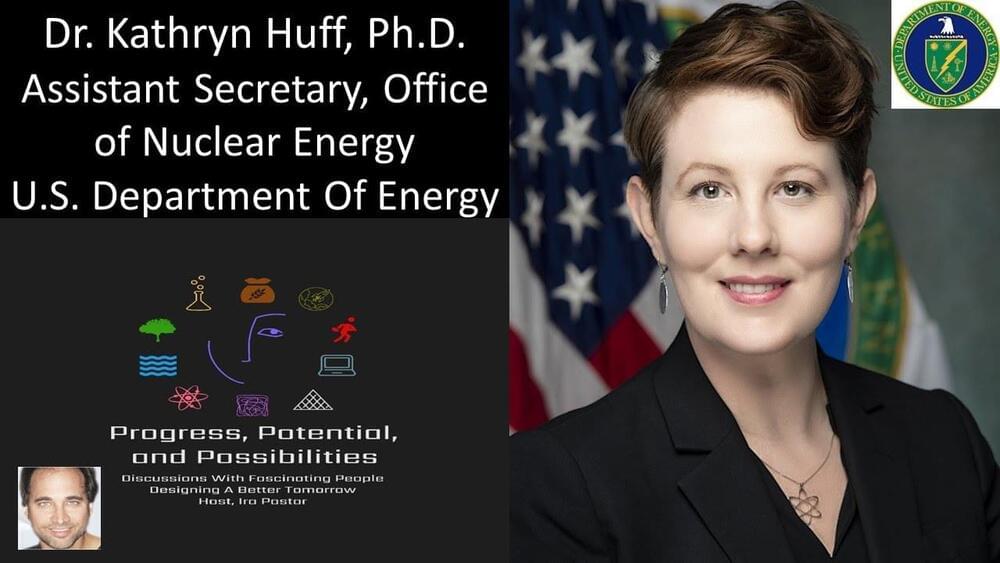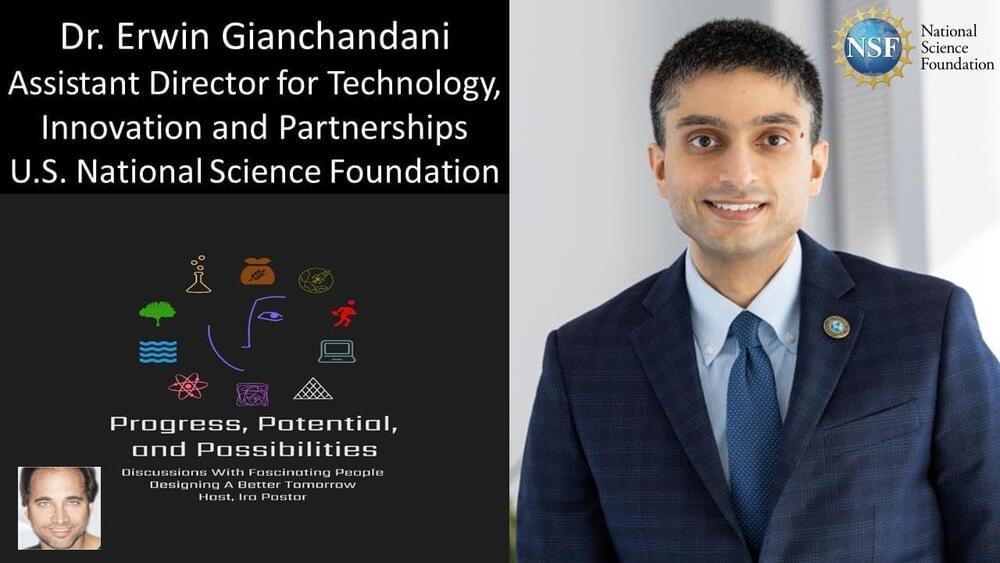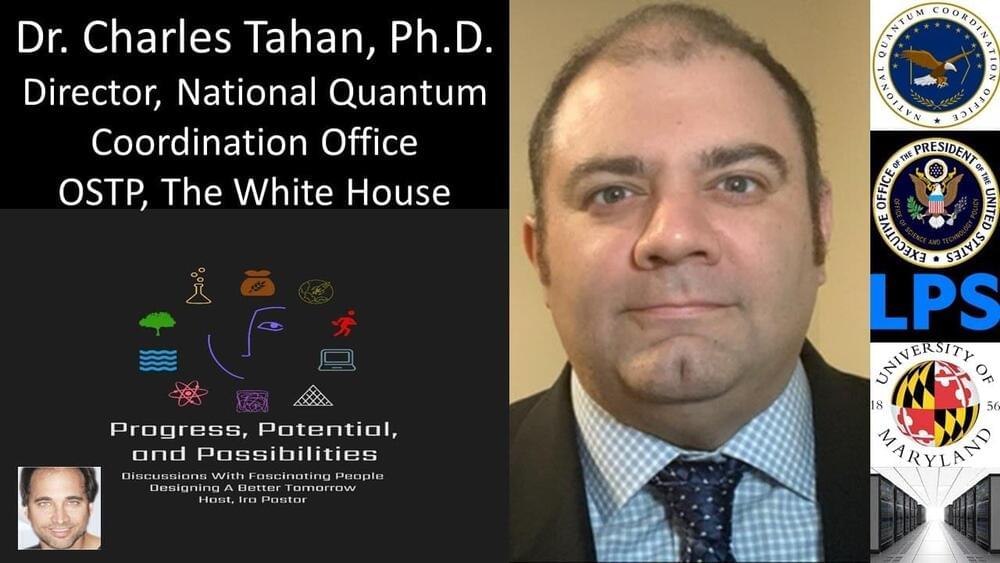May 6, 2023
Dr. Kathryn Huff, Ph.D. — Assistant Secretary, Office of Nuclear Energy, U.S. Department of Energy
Posted by Ira S. Pastor in categories: economics, engineering, government, nuclear energy, physics, policy, security, supercomputing
Advancing Nuclear Energy Science And Technology For U.S. Energy, Environmental And Economic Needs — Dr. Katy Huff, Ph.D. — Assistant Secretary, U.S. Department of Energy Office of Nuclear Energy, U.S. Department of Energy.
Dr. Kathryn Huff, Ph.D. (https://www.energy.gov/ne/person/dr-kathryn-huff) is Assistant Secretary, Office of Nuclear Energy, U.S. Department of Energy, where she leads their strategic mission to advance nuclear energy science and technology to meet U.S. energy, environmental, and economic needs, both realizing the potential of advanced technology, and leveraging the unique role of the government in spurring innovation.


















